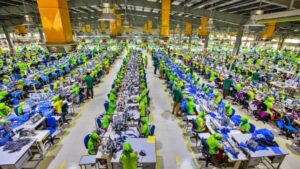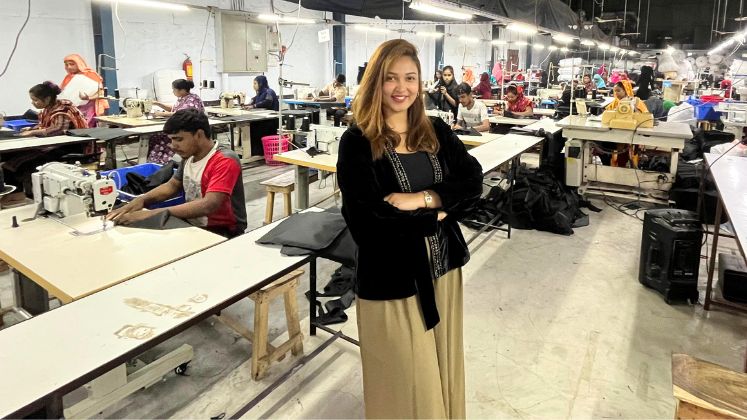
The latest report from global business information company Textiles Intelligence reveals that, despite increasingly stringent product design regulations and sustainable product legislation, brands remain focused on intensive research and development in advanced technology for endurance running footwear.
According to Textiles Intelligence’s report Endurance running footwear: innovation and advanced technology gather pace as brands compete for the top spot, shoes made with advanced footwear technology often referred to as ‘super shoes’ offer endurance runners previously unheard-of performance improvements that set them apart from all other styles.
Textiles Intelligence claims that these developments have forced World Athletics, the world governing body of athletics, to regulate important design elements to stop athletes from receiving undue benefits or advantages. For instance, World Athletics has recently mandated that high-level endurance running shoes have a maximum stack height of 40 mm for the midsole foam.
World Athletics CEO Jon Ridgeon clarified that the goal of these enforcement actions is to “ensure that innovation does not create unfairness on the other hand and support innovation on the one hand.”
According to Textiles Intelligence, the stack height of performance-enhancing footwear is important because a higher stack height provides better foot protection and more shock absorption.
The paper also emphasises how crucial elements that distinguish cutting-edge footwear technology from traditional running footwear are the carbon fibre plate and the midsole foam. It is anticipated that these components will be a primary focus of continued research and development as businesses aim to rival market leader NIKE, which invented this technology.
However, in addition to dealing with other issues like the high retail costs of performance-enhancing footwear, companies will also need to deal with the regulations enforced by World Athletics. Although a lot of runners are ready to pay these costs, other customers view it as a barrier to getting the newest, most advanced running equipment.
Textiles Intelligence cautions footwear makers that by maintaining their high costs, they may be perceived as “elitist” and contribute to the stereotype that running is primarily a “rich person’s pursuit.”
Performance footwear companies are also coming under increasing pressure to make their products more environmentally sustainable. To solve these issues, some firms are looking into innovative recycled and bio-based materials.
Textiles Intelligence emphasised that these efforts will need to be accelerated at pace, given that sustainable product legislation is set to be introduced in Europe and the USA which will regulate the design, durability, and recyclability of textiles, clothing and footwear.






